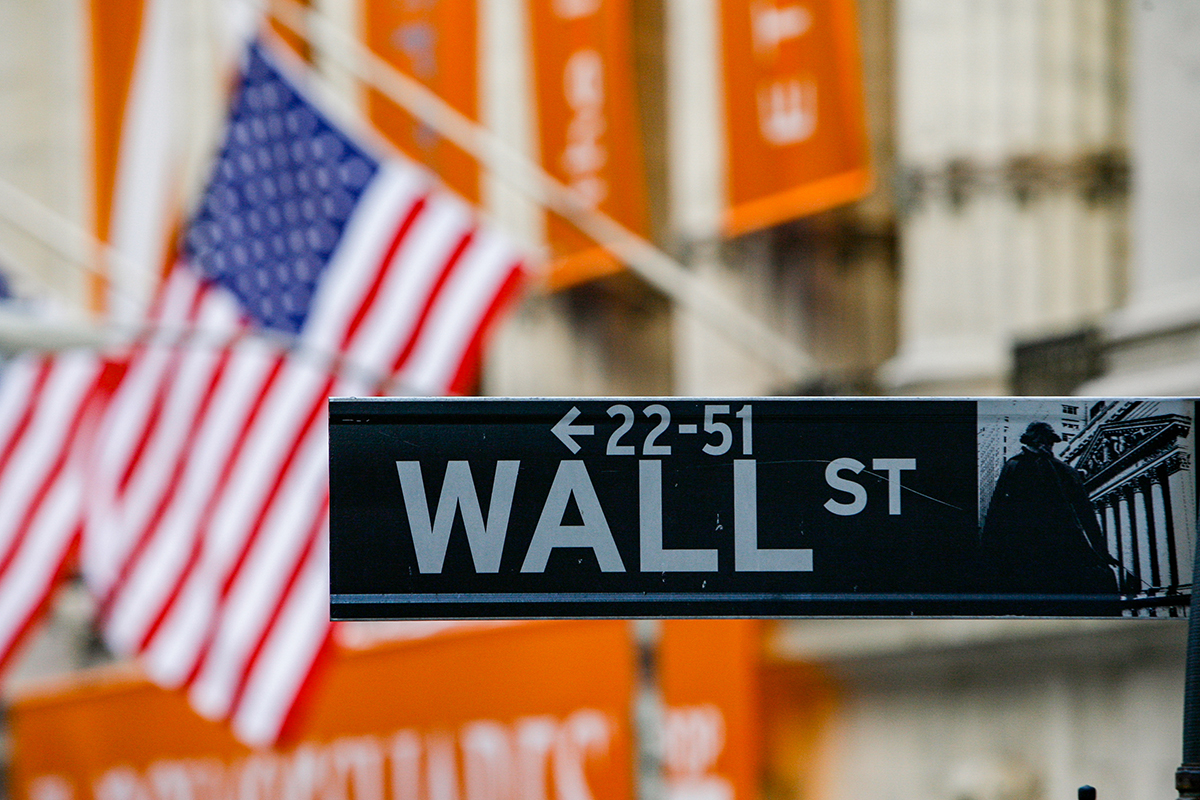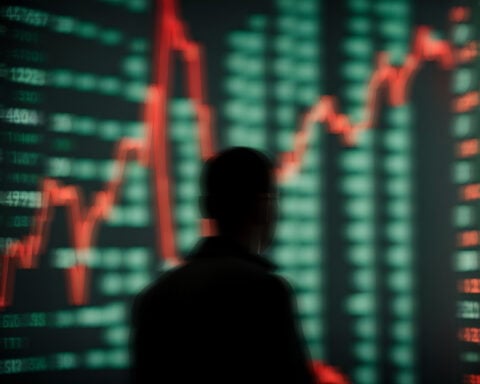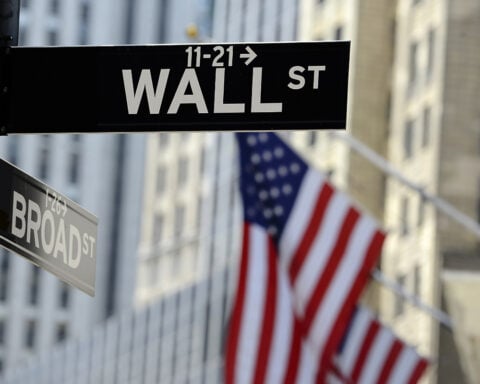Tuesday saw Wall Street experiencing mixed trading patterns, following Washington’s initial agreement to stave off a possible catastrophic default on its debt.
At noon, the S&P 500 saw a minor increase of 0.1%, close to its nine-month peak. Conversely, the Dow Jones Industrial Average registered a decrease of 124 points, or 0.4%, resting at 32,967. The Nasdaq Composite, buoyed by enthusiasm around artificial intelligence, led the market with a 0.5% increase.
Over the weekend, President Joe Biden and House Speaker Kevin McCarthy agreed to increase the U.S. government’s borrowing limit, thereby preventing a default on its debt. The next step involves convincing Congress to approve this arrangement before the U.S. Treasury exhausts its funds as soon as possible.
Despite some Congressional dissatisfaction with the agreement’s specifics, both Biden and McCarthy strive to amass votes. The House of Representatives may vote on this issue.
Wall Street generally anticipated a last-minute resolution from Washington, as a default would likely result in severe repercussions for the economy and financial markets.
However, even if a default is avoided, the political posturing and party-driven brinkmanship leading to this point could further undermine faith and trust in the U.S. government. This might precipitate another downgrade of its credit rating following the 2011 cut by Standard & Poors.
Despite the national debt ceiling controversy, financial markets continue to grapple with numerous concerns, including a slowing economy, persistent inflation, and potential interest rate hikes, which could exert more pressure on the economy and financial markets.
These concerns are global, given that China’s economic recovery has been slower than anticipated after the easing of COVID-19 restrictions.
Despite these concerns, U.S. stocks have shown resilience due to less severe profit drops at the year’s start than initially feared. Central to this trend has been Wall Street’s growing enthusiasm for AI.
Nvidia, a leader in AI chip production, saw a further 4.2% rise in stock value, more than doubling this year. This followed their optimistic revenue forecast last week as businesses rushed to implement AI.
With Nvidia nearing a market capitalization of $1 trillion, concerns about another potential stock market bubble are arising. However, advocates argue that AI represents the next significant shift in the global economy.
In recent weeks, Wall Street has been bolstered by a robust job market and other signs suggesting the economy may avoid a recession.
Consumer confidence, as reported, remains higher than economists predicted, although it has yet to reach pre-pandemic levels. This is significant as continued consumer spending pushes investors to delay their recession forecasts by another three to six months.
Companies in the energy sector experienced a decrease, with Exxon Mobil falling 1.3% and Chevron down 1%, reflecting concerns about fuel demand as crude oil prices drop.
The sluggish recovery of China, the world’s second-largest economy, poses additional challenges for energy prices.
In the bond market, Treasury yields were easing amid decreasing default fears.
The 10-year Treasury yield fell to 3.70% from 3.81% late Friday, which helps determine rates for mortgages and other loans.
The two-year Treasury yield slipped to 4.50% from 4.57%, reflecting expectations for Federal Reserve actions.
Traders are mainly expecting another short-term interest rate hike from the Fed in two weeks. However, the hope is that this might be the last after a year of rapid increases.
While higher interest rates can curb inflation, they also risk slowing down the entire economy, increasing the likelihood of a recession and negatively affecting investment prices.
Internationally, European stock markets were down, whereas Asian indexes generally experienced gains.
Wall Street saw mixed trading influenced by political movements in Washington and various global concerns. It remains a volatile period for investors and traders, and the coming weeks will be crucial in determining the trajectory of the U.S. and global economies. Future decisions on Capitol Hill, particularly regarding debt default, will be watched closely, along with the strength of the AI market and global economic recovery trends.







